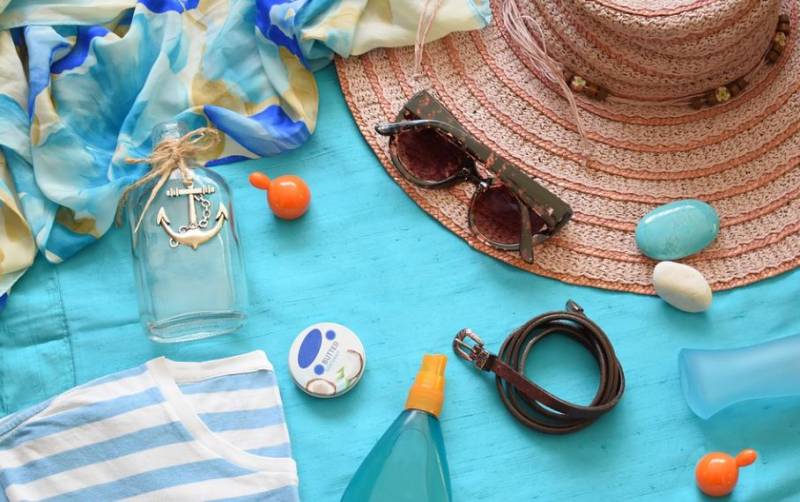- Region
- Vega baja
- Marina Alta
- Marina Baixa
- Alicante
- Baix Vinalopo
- Alto & Mitja Vinalopo
-
ALL TOWNS
- ALICANTE TOWNS
- Albatera
- Alfaz Del Pi
- Alicante City
- Alcoy
- Almoradi
- Benitatxell
- Bigastro
- Benferri
- Benidorm
- Calosa de Segura
- Calpe
- Catral
- Costa Blanca
- Cox
- Daya Vieja
- Denia
- Elche
- Elda
- Granja de Rocamora
- Guardamar del Segura
- Jacarilla
- Los Montesinos
- Orihuela
- Pedreguer
- Pilar de Horadada
- Playa Flamenca
- Quesada
- Rafal
- Redovan
- Rojales
- San Isidro
- Torrevieja
- Comunidad Valenciana
article_detail
Beach or pool: where to get the best summer tan
Some environmental factors in Spain can impact how well we tan

Time off to unwind during holidays and showing off a golden glow are two of the many reasons tourists flock to Spain in their droves every year, but one particular belief has been doing the rounds for some time now: that you get a much better tan at the beach than by the pool or lying on a terrace.
Many reasons have been attributed to this well-held conviction, ranging from the tanning effects of a seaside breeze to the fact that the sun’s glare is stronger on the coast, but the reality is that all the evidence indicates that we get just as nice a sun colour whether paddling in the pool or sipping sangria on the shore.
Essentially, the same sun shines in the mountains of Spain as on the beach or a city pool, and the only thing that makes us tan is exposure to ultraviolet light. There are no other external factors that result in the melanin in our skin turning different shades depending on where we are. Having said that, there are certainly some environmental factors that allow us to enjoy the sun for longer, thus developing a deeper, longer-lasting glow.
Beach or pool?
Both are attractive options for one similar reason: we can enjoy sunbathing alongside the handy option of cooling off with a dip. This carries its own risks however, as water creates a ‘magnifying glass effect’ whereby the water reflects solar radiation and acts as a mirror, increasing the chance of sunburn.
This poses a double danger according to the experts: on the one hand, the magnifying glass effect of the water increases the intensity of solar radiation and, on the other, the water reduces the sensation of heat, so we might not feel that we are burning. As a result, we stay out in the sun longer, thus enhancing our tan.
Where the beach can help the sun-kissed look is through the reflection of the rays on the white sand, which enhances the activity of melanin. In the case of grass, which is the most common surface around pools in Spain, the reflection of UV rays is between 20 and 30%, compared to 45% of the 'rebound' effect that occurs on the beach.
Interestingly, this reflection only drops to 35% under a sun umbrella.
For a longer-lasting tan, the beach is your best bet. Research has shown that the humidity at the seaside hydrates the skin more effectively, making that golden glow last much longer than the drier environment of an urban pool.
Whichever your choice this summer season, it’s important to stay safe in the sun. Aside from the discomfort of a burn, none of us relish that tomato-red look, and we’ve rounded up some of the best sunscreens available for all budgets.
Image: Archive
staff.inc.ali
Loading
Sign up for the Spanish News Today Editors Roundup Weekly Bulletin and get an email with all the week’s news straight to your inbox
Special offer: Subscribe now for 25% off (36.95 euros for 48 Bulletins)
OR
you can sign up to our FREE weekly roundup!
Read some of our recent bulletins:
Discount Special Offer subscription:
36.95€ for 48 Editor’s Weekly News Roundup bulletins!
Please CLICK THE BUTTON to subscribe.
(List price 3 months 12 Bulletins)
Read more stories from around Spain:
Contact Murcia Today: Editorial 000 000 000 /
Office 000 000 000























